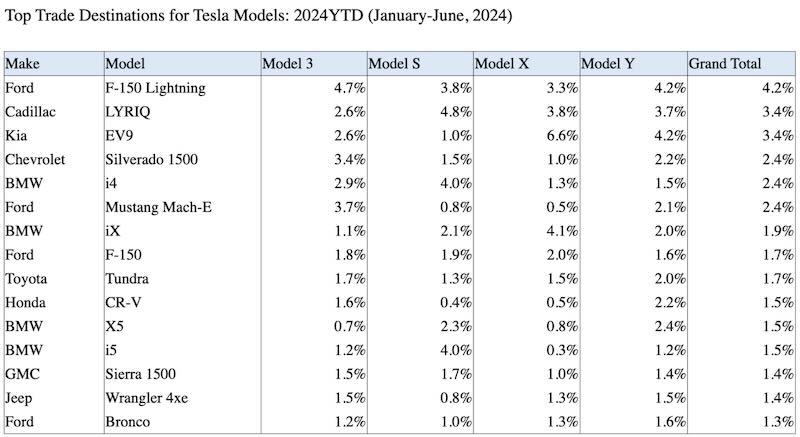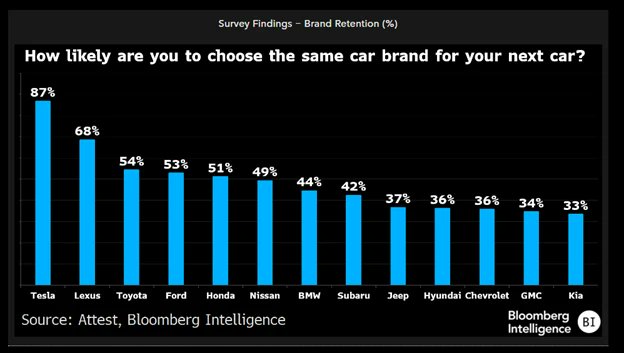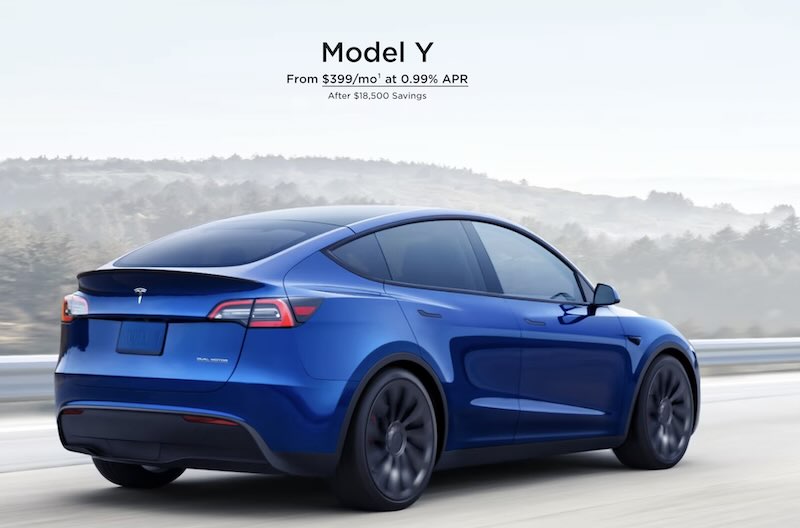Recent data from Edmunds has sparked a conversation in the automotive world, suggesting a surprising trend: over half of Tesla owners in the U.S. are switching to gasoline-powered vehicles in 2024. This statistic, while attention-grabbing, requires a closer look to understand the full picture of electric vehicle ownership trends.
At first glance, the Edmunds research seems to indicate a significant shift away from EVs among Tesla owners. However, it’s crucial to note the specific context of this data. The study focuses exclusively on Teslas traded in at traditional dealerships, omitting a significant portion of the market.
This methodology excludes Tesla-for-Tesla trades and exchanges for other direct-sale electric brands such as Rivian, Polestar, and Lucid. These transactions, which likely represent a substantial portion of Tesla owner behavior, are not captured in the Edmunds statistics.
Interestingly, even within the constraints of the Edmunds study, the top three models that Teslas are traded for are all-electric vehicles: the Ford F-150 Lightning, Cadillac LYRIQ, and Kia EV9. This suggests that many Tesla owners leaving the brand are still committed to electric technology, just from different manufacturers.

Contrasting with the Edmunds data, a Bloomberg survey from April 2024 paints a different picture of Tesla owner loyalty. According to this survey, an impressive 87% of Tesla owners would choose another Tesla for their next vehicle. While this data is based on intentions rather than actual transactions, it indicates a strong brand loyalty among Tesla owners.

EVs Are Conquering America, 90% of Tesla’s Vehicles Sold in 2023 Going to New Owners
The discrepancy between these datasets highlights the complexity of analyzing car-buying trends, especially in the rapidly evolving EV market. Tesla’s direct-to-consumer sales model and the growing number of EV options from traditional automakers are reshaping how consumers buy and trade in their vehicles.
While the Edmunds data provides valuable insights into a segment of the market, it’s essential to consider it as part of a larger, more complex landscape. The EV market is diversifying, with more options available from traditional automakers, potentially attracting Tesla owners looking for a change without abandoning electric technology.
These seemingly contradictory trends serve as a reminder that the road to widespread EV adoption is not a straight line. Tesla owners might be switching gears, but the destination still seems to be an electric future.
